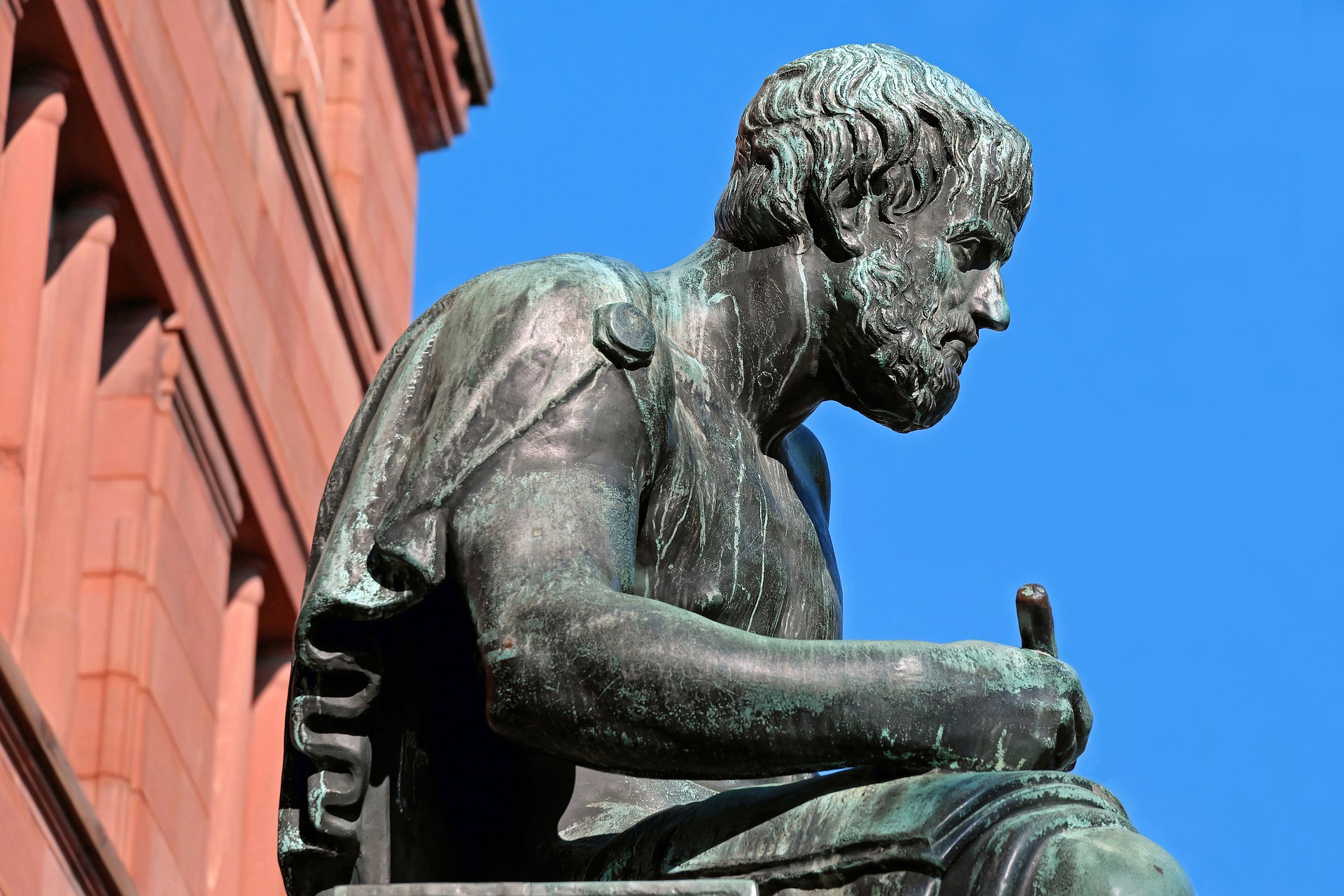Ralph Waldo Emerson, writer and philosopher, first published “Experience” in 1844 in his second collection of essays. This piece contemplates the appearance of reality, the role of the individual, and, characteristically of Emerson, the role of nature in our hidden lives. He begins the essay with a poem, introducing the “lords of life” and summarizing his philosophy that Nature will comfort him – us- and allow him -us- to outlast the influences of these lords. These seven lords of life are illusion, temperament, succession, surface, surprise, reality, and subjectiveness; seven similar and interwoven influences which shape our perception. Through examining these influences, Emerson illustrates a challenge as old as human society; despite its vital role in learning and growing, we rarely look deeper than the surface-level of ourselves or others.
The key event grounding this essay is the distressing loss of Emerson’s son; grief is therefore a major influence on this particular piece. However, Emerson’s tone is not somber. Instead, he marvels that such a loss, “something which I fancied was a part of me, which could not be torn away without tearing me nor enlarged without enriching me, falls from me and it leaves no scar,” underscores how volatile and slippery our experiences can be.
Beginning with illusion and temperament, Emerson writes of the difficulty in truly recognizing and contemplating the world around us. This includes both the physical world, as well as art, or even relationships. He writes,
“Nature and books belong to the eyes that see them. It depends on the mood of the man whether he shall see the sunset or the fine poem…. Of what use is fortune or talent to a cold and defective nature?”
We must be able, and willing to look at things closely, and soberly, in order to actually benefit from them. While temperament is a starting point, we must also remember that we and life exist in a state of flux – we are always in progress. As Heraclitus said, “No man ever steps in the same river twice, for it’s not the same river and he’s not the same man,” so Emerson gives an example of the constant change and succession which characterizes life,
“I have had good lessons from pictures which I have since seen without emotion or remark.”
What affects us so strongly in one moment, has little effect at another time.
“Our life looks trivial and we shun to record it.”
On a related note, Emerson mentions our taking for granted the current moments and our daily acts because they appear so mundane to us. Days pass by unobserved and somewhere along the way we may learn things, but we don’t really know where they came from. This common experience is at the heart of Emerson’s thought; he encourages us to reflect and consider our actions over the course of the day. He wants us to consider why and what we do, rather than simply going along with what is deemed “normal”. Why is it normal? What would be best? Where would your time, even just ten minutes, be best used at this moment? These are the kinds of questions rarely asked, but which can change the trajectory and outcomes of our lives.
It’s worth mentioning that Emerson was a prolific journal keeper, writing regularly for more than fifty years. Keeping a record of thoughts and reflections was clearly important to him, and it became a significant part of his philosophy. It is my opinion that everyone can benefit from a journaling habit; it allows you to clarify or even vent your thoughts, you are able to think more clearly as a result of taking the time to make your entries comprehensible, and you have a record, even of mundane or trivial days, you can come back to for reference.
While the life of reflection and intellect are vital, they do not preclude the critical step of turning those thoughts and ideas into action. Emerson illustrates this concisely with the following:
“Intellectual tasting of life will not supersede muscular activity. If a man should consider the nicety of the passage of a piece of bread down his throat, he would starve.”
Life does not consist only of thinking and reflecting, but requires movement. A central tenet through Emerson’s writing is the union of mind and body to create worthwhile change, first in the individual, then going on to shape society. Emerson underlines the need for knowledge and labor to come together to form meaningful experience. This is a value which, again, should start with the individual and progress through society. The optimal student of life, as Emerson outlines in his brilliant “The American Scholar” address, is the one who is capable of studying and learning from the great minds of the past, then taking that knowledge and using it to bring practical changes.
Intellect must be implemented as action to make a tangible difference. Emerson, and the Transcendentalists as a whole, saw modern society as a disservice to people, robbing them of the ability and self-reliance of the individual. They viewed nature as a reprieve, a place to withdraw for recovery and meditation, as well as a part of life, not adjacent to life. Today, we still struggle to find a beneficial balance between society, nature, and the individual.
“To finish the moment, to find the journey’s end in every step of the road, to live the greatest number of good hours, is wisdom.”
Being present and intentional to the moment is, for Emerson, wisdom. We can not adequately form an understanding of ourselves or others without this attention to what is going on presently and under the Surface. We cannot content ourselves with following customs or people based on the frivolous wants of others founded in social status. Additionally, Emerson rejects the common posture of looking to others for inspiration, insisting that we reflect on and listen to our own perspective and intuition.
The wild card of chance or surprise brings a sense of urgency to life and underscores our limited control. Emerson defines reality as that which exists within us, regardless of place or time. He asks rhetorically, instead of fruitlessly trying to realize the world of others’ ideas, why not attempt to create the reality you yourself have contemplated and visualized,
“Why not realize your world?”
Progressing even farther beyond our control or finite position in time, Emerson moves to the perception of the eternal. In his concluding section, Emerson addresses that ultimate influence to which our choices and habits are subjected. Emerson’s perspective is anchored upon the idea of the eternal being present in all of nature and humanity. He describes the eternal as less of a person or image and more of a presence, which we need to look deeply – beyond the surface – to discover. He writes,
“Though not in energy, yet by presence, this magazine of substance cannot be otherwise than felt; nor can any which sleeps or wakes forever in every subject.”
In writing on the brevity and fleetingness of life, Emerson follows in the tradition of both Christianity and Stoicism. In James 4:14 we are cautioned to remember how fragile and powerless we are, “Whereas you know not what shall be tomorrow. For what is your life? It is even a vapor, that appears for a little time, and then vanishes away.” (NKJV) Stoic emperor Marcus Aurelius wrote, “You could leave life right now. Let that determine what you do and say and think.” We should acknowledge this reality and allow it to inform how we spend our time and how we interact with one another.
Emerson didn’t prescribe specifics on what we should look for or reflect on, instead urging us to take an inward journey of discovery ourselves. Instead of looking to other thinkers and the idols of society, ask yourself what is worth working towards. As Emerson reminds us, forsaking the pursuit of social status in favor of lasting quality and personal values is where great individuals begin.





